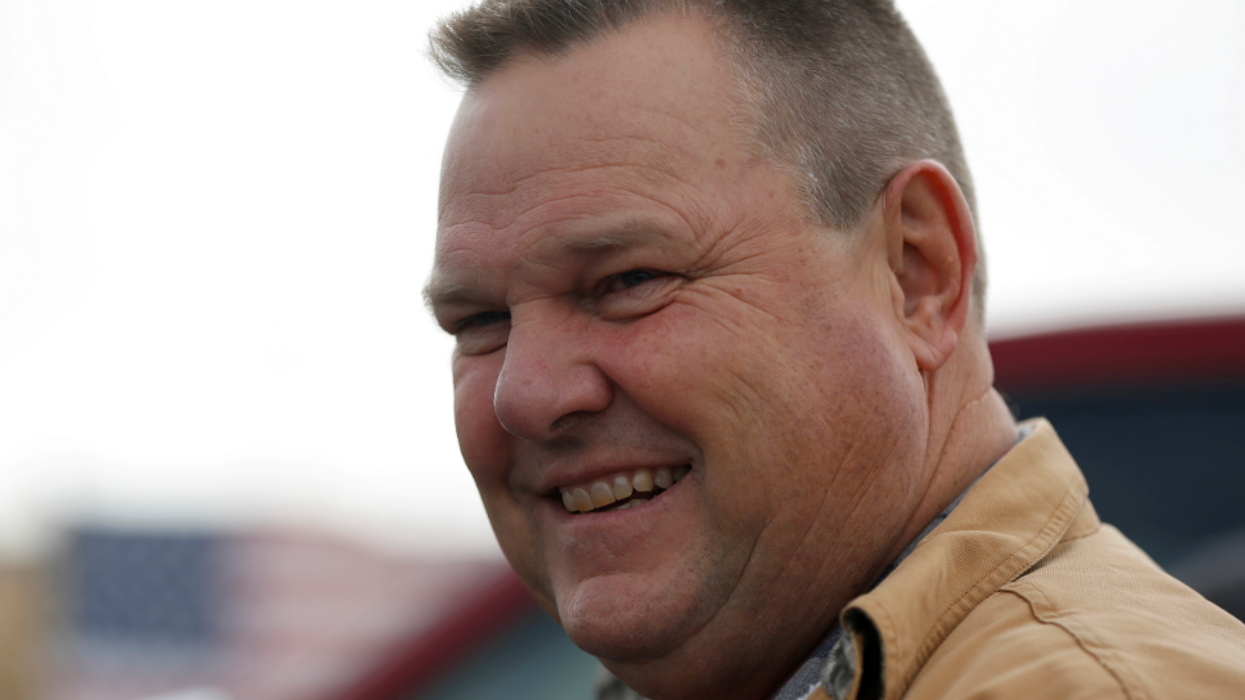
Donald Trump has often been faulted for recklessly upending established U.S. government policies, inviting harmful consequences. But in the case of Latin America, he has chosen to follow in a long U.S. tradition that has its own harmful consequences: pushing our neighbors around like it’s our job.
Last Tuesday, he expanded Washington’s campaign to starve the Cuban government into submission. Treasury Secretary Steven Mnuchin announced a ban on organized group travel to the island, which had been allowed for the first time in decades under Barack Obama.
Never mind that the United States has conducted a 60-year experiment in using economic ostracism to force a change in the Communist government of Cuba — and it has been a failure. The regime has held fast to power despite — or because of — the enmity of the colossus to the north.
The comical part of the new travel restriction was Mnuchin’s explanation. “Cuba continues to play a destabilizing role in the Western Hemisphere,” he claimed, “providing a communist foothold in the region and propping up U.S. adversaries in places like Venezuela and Nicaragua by fomenting instability, undermining the rule of law, and suppressing democratic processes.”
Fomenting instability and propping up undemocratic governments, you see, are activities that only the United States is allowed to do. Much of the turmoil in the Middle East stems from the U.S. invasion of Iraq, a massively destabilizing venture whose consequences are still being felt.
Trump, of course, does not fret about the undemocratic governments in Saudi Arabia, Russia and Egypt. Of North Korea’s dictator, he said: “He likes me. I like him. Some people say, ‘Oh, you shouldn’t like him.’ I said, ‘Why shouldn’t I like him?'”
“Communist foothold” is one of those phrases that had meaning during the Cold War, when Washington and Moscow strove to maximize their influence around the world. But the Havana regime is no longer the spearhead of Soviet expansionism; it’s an established homegrown entity. It supports the leftist president Nicolas Maduro of Venezuela because of a common ideology and a common enemy — natural behavior for any government.
Trump’s policies follow a clear pattern. He has called for regime change in Venezuela and raised the possibility of military action. He suspended aid to El Salvador, Guatemala and Honduras to punish their people for seeking asylum here. He has announced a plan to impose 25 percent tariffs on goods from Mexico unless it stops unauthorized migration. He behaves as though he is not just president of the United States but anointed ruler of the Western Hemisphere.
That approach has a lengthy, embarrassing pedigree. The CIA helped military officers mount a coup against an elected president in Guatemala in 1954. It supported the 1961 Bay of Pigs invasion, an effort to overthrow Cuba’s Fidel Castro. In 1965, it sent troops to install a friendly regime in the Dominican Republic.
The CIA assisted a military coup against an elected leftist president in Chile in 1973. The U.S. financed a right-wing insurgency in Nicaragua in the 1980s. It invaded Grenada in 1983 to depose a pro-Castro regime. It invaded Panama in 1989 to remove a hostile dictator.
The presumption that we are entitled to impose our will anywhere in Latin America goes back even further. President Theodore Roosevelt asserted a sweeping U.S. prerogative in the region.
“All that this country desires is to see the neighboring countries stable, orderly and prosperous,” he said in 1904. “Any country whose people conduct themselves well can count upon our hearty friendship.” But “chronic wrongdoing” or “a general loosening of the ties of civilized society” may “require intervention” by the U.S. In his view, we had the right to use force whenever we saw a need.
Trump is reviving a tradition that never really lapsed. George W. Bush was exceptionally unpopular in the region for a variety of reasons, including his suspected support of an attempted 2002 coup in Venezuela, his stance toward Cuba, and the prison camp at the Navy base in Guantanamo Bay — itself a relic of U.S. imperialism. Even Obama, who restored diplomatic relations and allowed more travel, didn’t entirely lift the embargo.
In 1933, Franklin Roosevelt announced a shift in the American approach, declaring that he was “opposed to armed intervention” in the region. In the end, his Good Neighbor Policy didn’t last. To Latin America, we have often been a very bad neighbor. But there is always room to be worse.
Steve Chapman blogs at http://www.chicagotribune.com/news/opinion/chapman. Follow him on Twitter @SteveChapman13 or at https://www.facebook.com/stevechapman13. To find out more about Steve Chapman and read features by other Creators Syndicate writers and cartoonists, visit the Creators Syndicate website at www.creators.com.
IMAGE: Cuban President Raul Castro reacts during a news conference with U.S. President Barack Obama (not pictured) as part of President Obama’s three-day visit to Cuba in Havana, March 21, 2016. REUTERS/Carlos Barria


